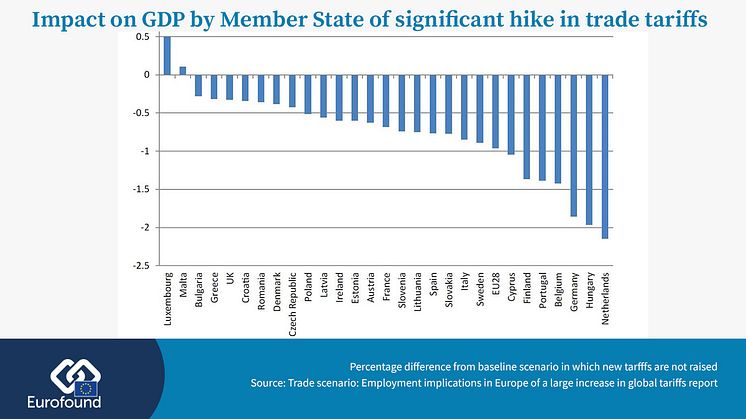15 years of EU membership and 80% of Slovaks feel European
As Slovakia tomorrow celebrates Slovak National Uprising Day, we mark the day by shining a spotlight on the ever-improving living and working conditions in Slovakia.
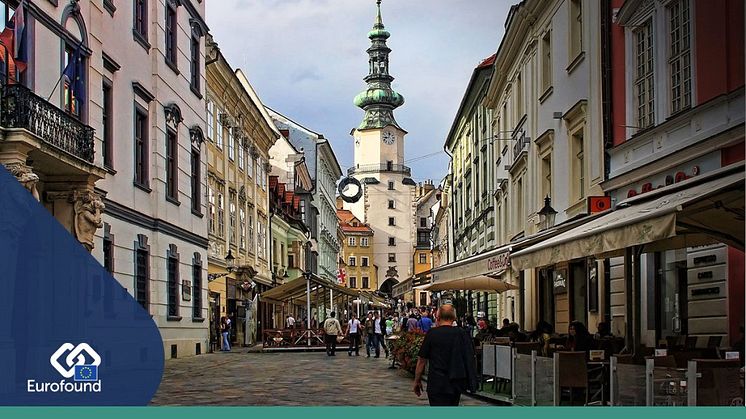
As Slovakia tomorrow celebrates Slovak National Uprising Day, we mark the day by shining a spotlight on the ever-improving living and working conditions in Slovakia.

This graph, based on Eurostat data, shows that gender is an important factor in depression. In most Member States young women aged 15–24 were more likely to suffer from depression than young men. The greatest gender gaps were in Denmark, Germany, Ireland and Sweden. Only in Cyprus, Greece and Lithuania were there higher percentages of young men with depressive symptoms.
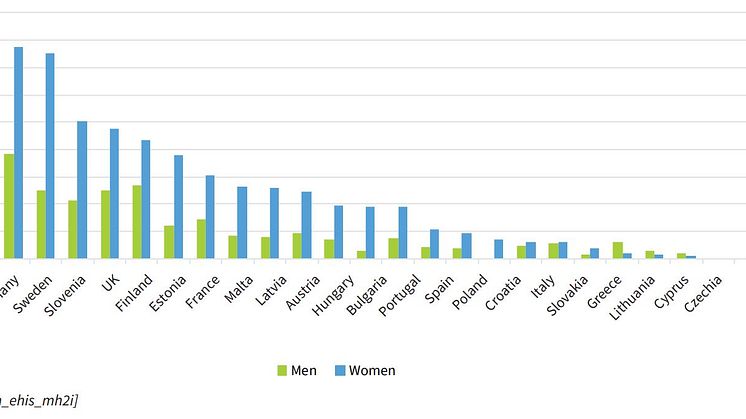
Across the EU, 14% of young adults are at risk of depression, and 4% of young people aged 15-24 suffer from chronic depression. Young women are more likely to find themselves not in employment, education or training, and are significantly more likely to suffer depressive symptoms than young men

There are high levels of optimism for the future in most EU candidate countries – including for future generations. However, current material hardships, deprivation, urban-rural disparities, gender inequalities and demographic ageing are fundamental challenges, and could undermine the current positive climate and future social cohesion.
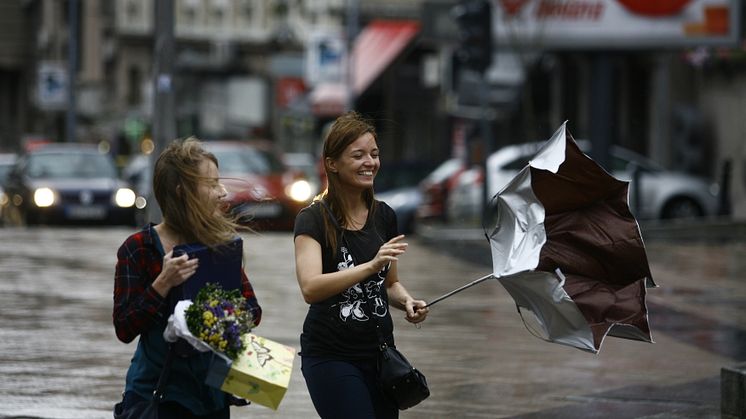
Today is World Refugee Day, the international day to show solidarity and support to refugees. Eurofound has just published a new report, coinciding with this occasion, looking at the role of public services in integrating refugees and asylum seekers.
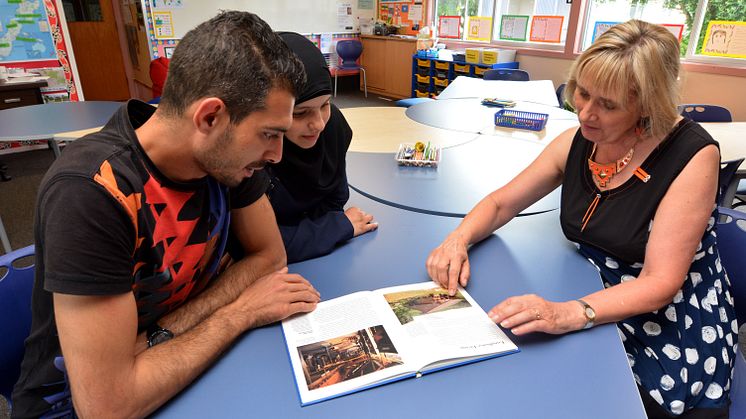
The latest Annual Review of minimum wages in Europe gives a detailed analysis of minimum wage rates across Europe, and not only looks at the nominal and real terms increased in minimum wages - but also levels of taxation and net pay.

The latest Annual Review of minimum wages in Europe shows that there have been increases to the minimum wage across almost all Member States, in both nominal and real terms. The report also highlights that women are over-represented among minimum and low-wage earners.

La última revisión anual de los salarios mínimos en Europa muestra que se han producido aumentos significativos en los salarios mínimos de varios Estados miembros de la UE, tanto en términos nominales como reales.

La plupart des États membres de l'UE ont enregistré des hausses de salaires pour les bénéficiaires de salaire minimum et les bas salaires, les salaires minimums et les bas salaires ont en effet progressé dans la plupart d'entre eux, du fait de l’augmentation des salaires minima légaux qui ont augmenté dans presque tous les pays depuis janvier 2018.

There have been wage increases for minimum and low-wage earners in most EU Member States, with rises in statutory minimum wages in almost all countries since January 2018. While these increases are welcomed as good news for minimum wage workers, Eurofound’s research shows workers may not automatically feel the positive impacts of these changes.

The votes have been cast, tallied and declared and we can now see the political landscape of the new European Parliament. To what extent have mixed developments in employment and quality of life contributed to the more fractured political landscape? And can the EU continue to deliver to the more diverse demands of citizens across Europe?

As citizens across the EU prepare to cast their vote in the European elections, the latest Living and working in Europe report from Eurofound looks at how work and life has changed in the EU since 2015.
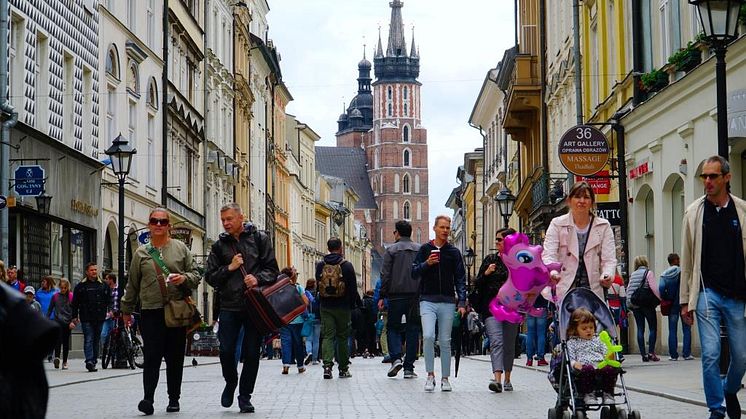
People at work in Europe report good health and well-being, and increased control over their work activities. However, Eurofound data shows that work is also becoming more emotionally demanding, which poses a risk to health, as well as the long-term sustainability of work itself.

Imagine you’re at work and something happens: you have to leave to visit a client, you have to go home to let in the plumber, or you have to collect the kids from school as the football training has just been cancelled. If you’re lucky, your employer gives you the flexibility to do this. If you’re even luckier, it is YOU who decides upon your schedule and place of work.

Despite differences in economic structure, labour markets and development, a pioneering study of the working conditions and job quality of 1.2 billion workers finds common concerns and challenges across 41 countries and four continents, according to a new report from the International Labour Organization and Eurofound.
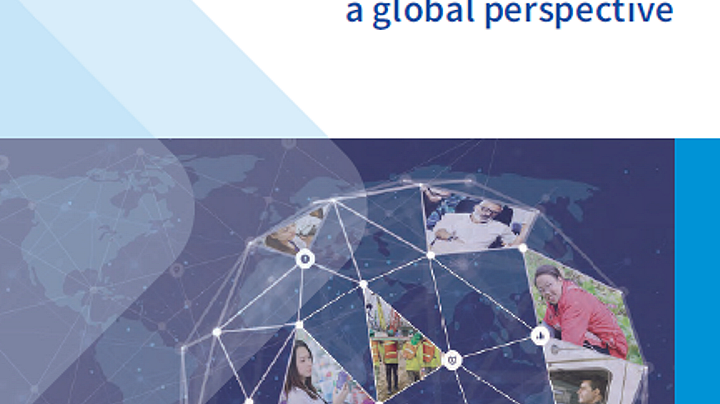
Large scale restructuring involving job loss is usually well-documented, and there is rightly a focus on what options there are for those who have lost their jobs. But what impact does all this have on those that are left behind?

Seniority entitlements have largely been on the decline since the 1990s, and have been gradually phased-out from legislation in Europe, as well as in collective agreements. However, it would be premature to dismiss seniority-based entitlements as a thing of the past, as they remain in force across Europe, even if the more expansive term of ‘relevant experience’ is preferred.

Manufacturing is set to be core to Europe’s future. More jobs will be created and growth will increase if certain economic and industrial changes are well managed over the coming years, according to new research from Eurofound.
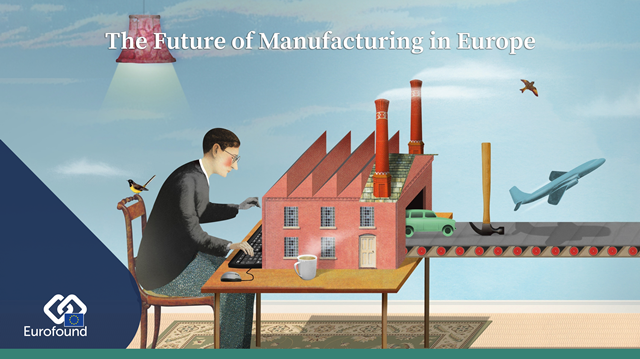
Motivated workers have higher levels of engagement, better health and are able to work longer. Improving motivation at work is therefore a key component in meeting the challenges of Europe’s ageing workforce and improving the EU’s long-term competitiveness on a global scale. This means that fostering motivation at work isn’t just about personal or business success, it's about Europe’s success.

This graph shows the projected impact of an immediate and significant increase in global trade tariffs on the GDP of each Member State in 2030, compared to a ‘no new tariffs’ baseline forecast.
